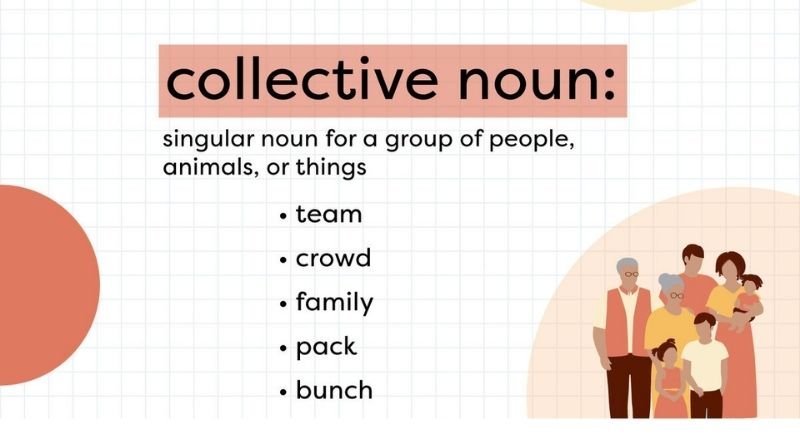IDX Explained: What Is IDX in Real Estate and How Does It Work?
What Is IDX in Real Estate? If you’re new to the real estate industry, you might have heard the acronym IDX thrown around without ever really knowing what it means. While it might sound intimidating, IDX stands for Internet Data Exchange and, as you’ll see, it’s actually pretty simple to understand how it works when you look at its basic building blocks and functions. In this article, we’ll go over exactly what IDX is, how it works, and how new realtors can make use of this valuable tool.
The Basics
What is the right price for a house? This can depend on many factors including location, condition, neighborhood, and any renovations or upgrades that may have been made. However, one of the most important factors to consider when looking at how much a house will cost is whether it is on the market with an agent. To get an idea of what homes are selling for in your area, real estate agents use something called MLS or Multiple Listing Service. MLS listings are updated every 15 minutes with accurate information about what houses are selling for so buyers can find out more information before they make an offer.
Section 1 – The Basics
Every agent is licensed by a Realtor organization and required to use their local MLS or Multiple Listing Service. Each local MLS uses a unique IDX system which may also be referred to as an interactive multiple listing service. An IDX display search is typically done on the web using live data from the MLS for a specific property. Many real estate websites offer this option to get real-time data about listings, past sales, days on market and more information about the properties that are currently for sale. **It’s important to note that not all agents are able to offer this kind of service since they need access codes** to list certain types of homes. Some agents are restricted to only showing homes that are listed with them while others can show any home listed with the MLS** (in other words, if you find an open house on Zillow or Trulia). Your REALTOR® should be able to tell you what kind of access they have so you know what type of home you can see.
Section 2 – Homebuyers Start Here
- Choose a mortgage type. When buying a home, there are two types of mortgages to choose from – conventional and FHA. A conventional mortgage requires a minimum down payment of 5% whereas an FHA does not require any down payment at all.
- Pre-qualify for a loan. If you have taken the time to determine what type of mortgage suits your needs best, then it’s time to take the next step and get pre-qualified for a loan with one of our partners listed below. You can also apply directly through each company’s website with an online application or simply call their customer service line where they will be happy to walk you through the process over the phone. Once you’re pre-approved, this gives you a much better idea of how much house you’ll be able to afford based on your current income and debt levels.
- Make an offer on a house. Once you’ve found the perfect house that fits into your budget and meets all of your criteria, it’s time to make an offer! Remember that prices change quickly so make sure that if possible, have more than one offer ready to go just in case another buyer beats you out!
- Get inspections done before signing anything. Just like when looking for houses during open houses, always make sure that inspections are done before signing anything! Inspections cost anywhere between $250-$400 and usually include things such as checking for lead paint, radon, foundation problems, electrical issues, etc. Be sure to bring a flashlight and dress appropriately as well because some places might be hard to reach with natural light.
Section 3 – The MLS Sales Process
The sales process begins with an offer to purchase the property. This offer is typically followed by a first negotiation meeting. Once the parties have agreed on terms, then a contract is drafted. The buyer generally offers earnest money at this time. Earnest money is typically 1% of the sales price but is negotiable. The earnest money can be either refundable or nonrefundable. Nonrefundable means that it will not be returned if negotiations fail. If it is refundable, it must be paid back to the buyer if they decide not to buy the home or are outbid during negotiations with another party. At closing, which occurs two weeks after the date of execution for most contracts, buyers pay their down payment and final balance from their loan proceeds. They also sign all closing documents required by state law, such as disclosures about lead paint or other items disclosed during inspections done before closing.
Section 4 – Services Offered by IDX Providers
#1 – Website Hosting
#2 – Enterprise Class Servers with Multi-GBs Storage Capacity
#3 – Data Management Software Integrated with the MLS’s Websites
#4 – Redundant Network Design to Meet Disaster Recovery Needs #5 – Point of Sale Software Integrated with Agents Desks at their Home Offices
#6 – Agent Tracking Module (ATM) to keep Agents Honest by Recording All Activities
#7 – Mobile App for Showings and Home Inspections
#8 – Social Media Marketing Toolkit to Reach New Customers on Facebook, Twitter, Instagram, etc.
#9 – Portal Access for Staff Members within your Organization
Section 5 – Advantages of Using an IDX System
Finally, an IDX system can do a lot of things that can save you time. For example, it can automatically send you notifications when there is an update on a property that matches your search criteria. Furthermore, these updates are sent to you in real time so you never have to worry about missing the opportunity to go see a property before someone else does. With this sort of efficiency and speed, not only will you be able to find properties more quickly, but you’ll also be able to get better deals because sellers won’t know what price they should set for their home if they don’t know how many people are looking at it.
Section 6 – FAQ
-How is IDX searchable?
All listings on the National Association of Realtors Multiple Listing Service (MLS) are put into an online system, called the IDX feed. This means that buyers or agents can log on to their real estate company’s website, find your listing, request more information about it, share it with friends and colleagues – even list it for sale themselves.
-What are the benefits of a pure IDX feed vs. a hybrid feed?
A pure or exclusive provider only provides their data through one channel, so consumers don’t have to go searching for a house listing on multiple sites.











